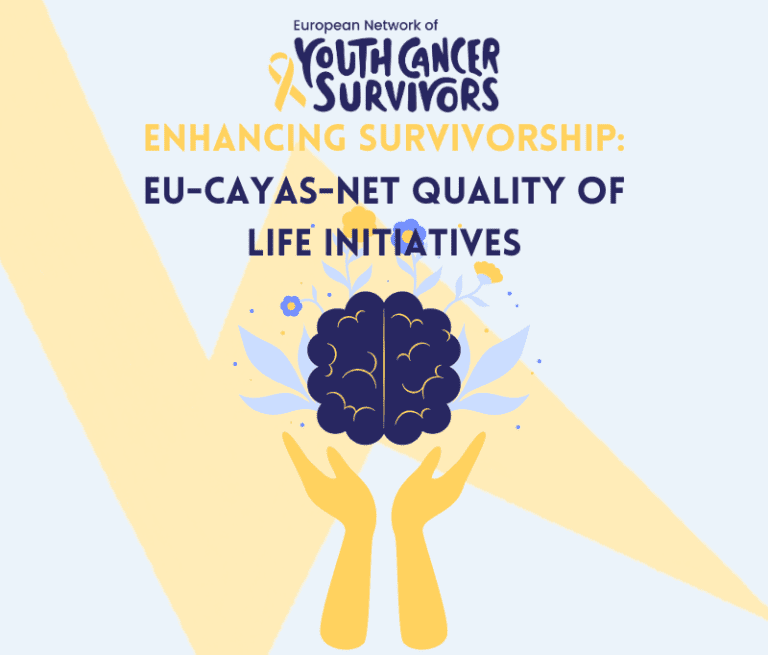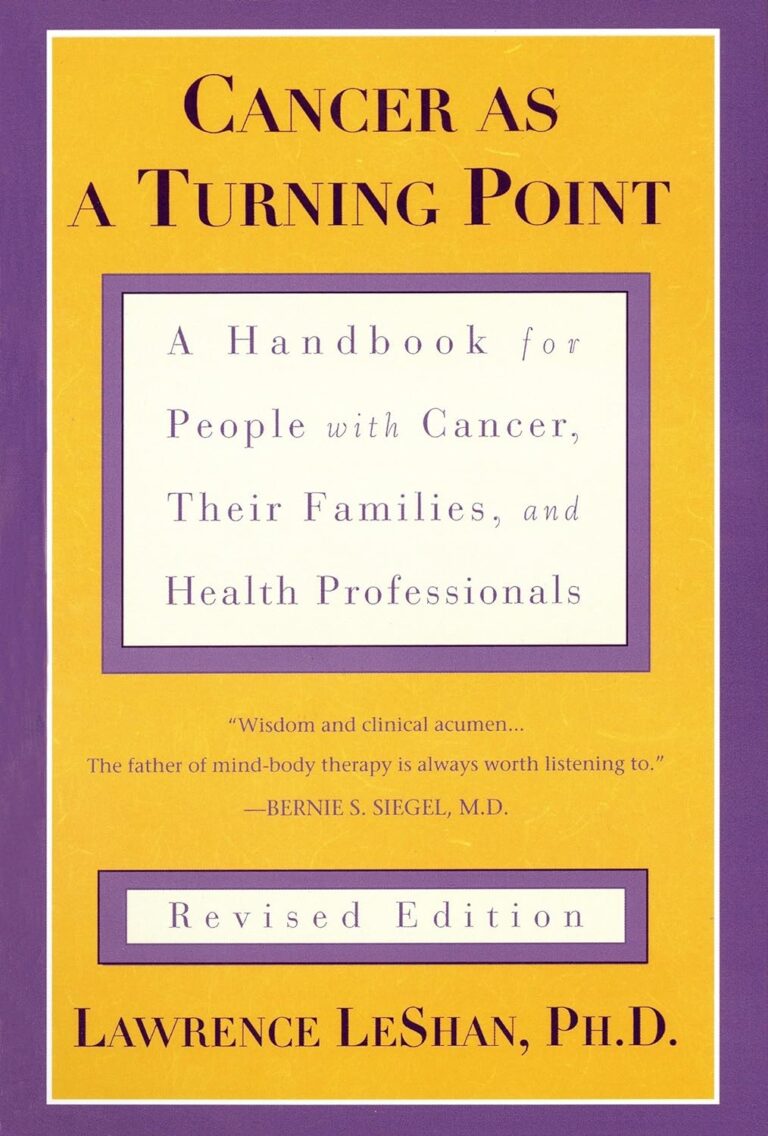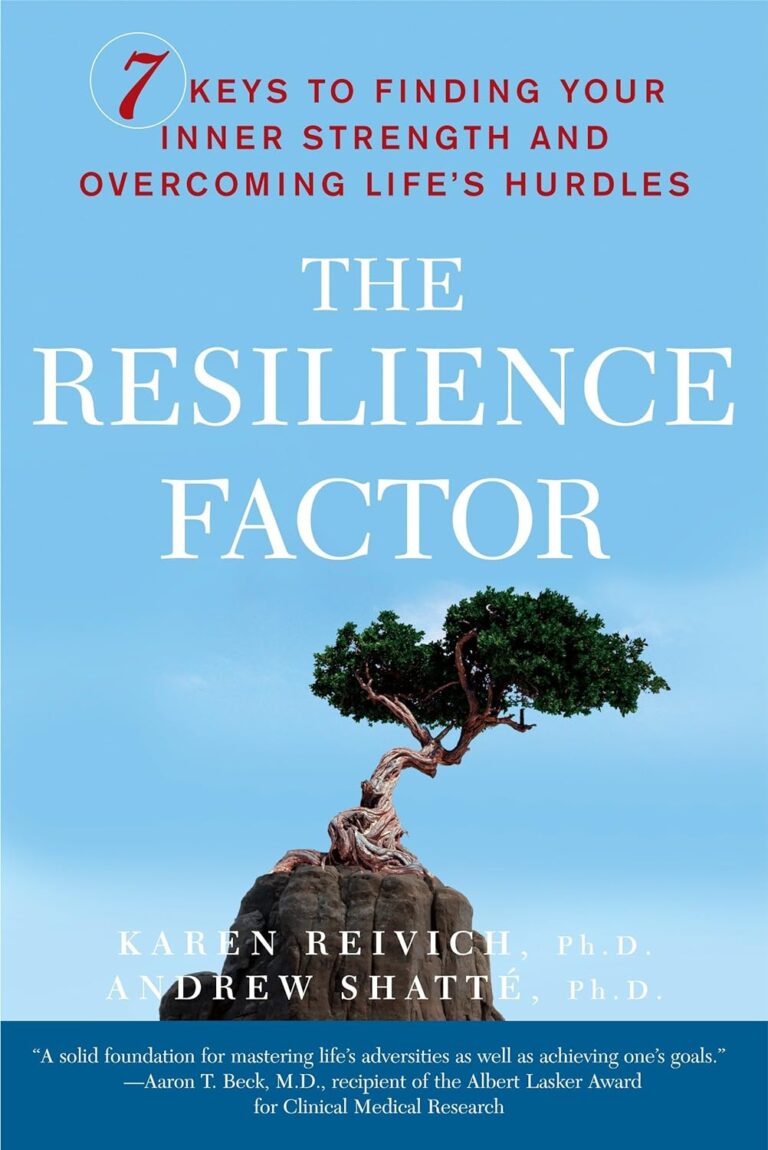
Overview
Basal cell nevus syndrome, or Gorlin syndrome, is an inherited disorder characterized by the development of multiple basal cell carcinomas, jaw cysts, and skeletal abnormalities. It is caused by mutations in the PTCH1 gene, which is part of the hedgehog signaling pathway crucial for cell growth and development.
Key Information
Basal cell nevus syndrome affects about 1 in 31,000 people worldwide. The condition is autosomal dominant, meaning a single copy of the mutated gene can cause the disorder. Symptoms often appear in childhood or early adulthood and can vary widely among individuals.
Clinical Significance
The syndrome is medically significant due to its association with basal cell carcinomas, which can be numerous and require frequent monitoring and treatment. Other complications may include jaw cysts, skeletal abnormalities, and increased risk for other tumors such as medulloblastoma, a type of brain cancer.
Treatment & Management
Treatment for basal cell nevus syndrome focuses on managing symptoms and preventing complications. Regular skin examinations are crucial for early detection of basal cell carcinomas. Surgical removal, topical treatments, and in some cases, radiation therapy may be used to treat skin cancers. Genetic counseling is recommended for affected individuals and their families.
Patient Resources
Organizations such as the Gorlin Syndrome Alliance provide support and information for patients and families. Educational materials and resources are available through dermatology clinics and genetic counseling services.
Frequently Asked Questions
- What causes basal cell nevus syndrome?
It is caused by mutations in the PTCH1 gene, affecting the hedgehog signaling pathway.
- How is basal cell nevus syndrome diagnosed?
Diagnosis is based on clinical evaluation, family history, and genetic testing to identify PTCH1 mutations.
- Can basal cell nevus syndrome be cured?
There is no cure, but symptoms can be managed with regular monitoring and treatment.

















Comments
Thank you. Comment sent for approval.
Something is wrong, try again later